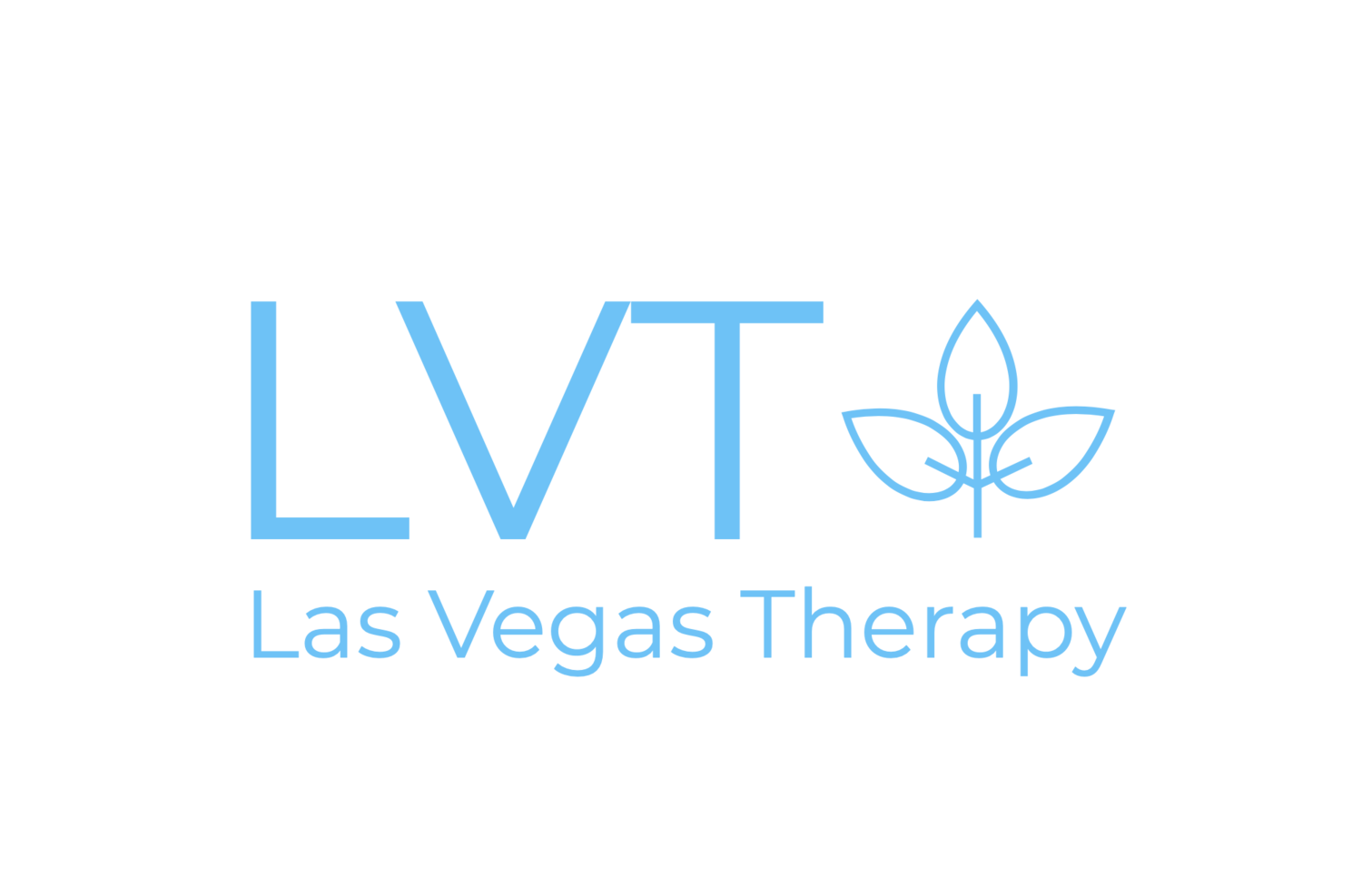In the complex and ever-evolving world of relationship counseling, the fresh perspectives and innovative techniques brought by new therapists can make a significant impact. At Las Vegas Therapy, we understand the importance of integrating new approaches to enhance therapeutic practices, particularly in the realm of relationship counseling. This blog post explores how our new therapists, under careful supervision, are revitalizing relationship counseling techniques and helping couples build stronger, healthier bonds.
Fresh Perspectives on Traditional Challenges
New therapists often enter the field with recent training that includes the latest theories and research on relationship dynamics. This fresh knowledge allows them to view traditional relationship challenges through a new lens, offering innovative solutions that might not be immediately apparent to more seasoned therapists. By challenging old paradigms and introducing new ideas, these therapists can help couples navigate their issues in ways that are more aligned with contemporary understanding of human relationships.
Up-to-Date Techniques and Modalities
The field of relationship counseling is continuously benefiting from new studies and insights into effective communication, emotional intelligence, and conflict resolution. New therapists are typically trained in the latest modalities, such as Emotionally Focused Therapy (EFT) and the Gottman Method, which are evidence-based approaches known for their effectiveness in improving relationship satisfaction. These therapists bring with them a toolbox filled with up-to-date techniques that can be particularly effective in addressing the needs of today’s diverse couples.
The Role of Technology in Relationship Therapy
In addition to traditional therapy techniques, new therapists are often more adept at incorporating technology into their practice. This might include the use of apps that help couples improve their communication, track their mood and interactions, or even online therapy sessions that provide more flexibility. New therapists are leading the charge in using these digital tools to enhance the accessibility and effectiveness of relationship counseling.
Supervised Learning Enhances Outcomes
One of the key benefits of working with new therapists at Las Vegas Therapy is the rigorous supervision they receive. This supervision ensures that while they are implementing cutting-edge techniques, they are also grounded in the ethical and effective practices that are hallmarks of our service. Supervisors provide ongoing feedback and guidance, helping new therapists refine their approach based on each couple’s unique dynamics and needs. This process not only enhances the skill set of the therapists but also ensures that couples receive the highest standard of care.
A New Energy in Therapy Sessions
New therapists often bring a unique energy and enthusiasm to their sessions that can be infectious. For couples dealing with relationship fatigue or disillusionment, this fresh energy can rekindle their engagement with the therapeutic process. The optimism and dedication of new therapists can inspire couples to commit fully to the counseling process, fostering a positive environment where meaningful change can occur.
At Las Vegas Therapy, our new relationship therapists are making a significant impact by introducing fresh, effective approaches to relationship counseling. Under careful supervision, they are equipped not only to address common relationship issues but also to introduce innovative strategies that cater to the evolving needs of couples. If you’re seeking to strengthen your relationship and build better bonds, our new therapists could offer the fresh perspective and energy you need to revive and enhance your partnership.

